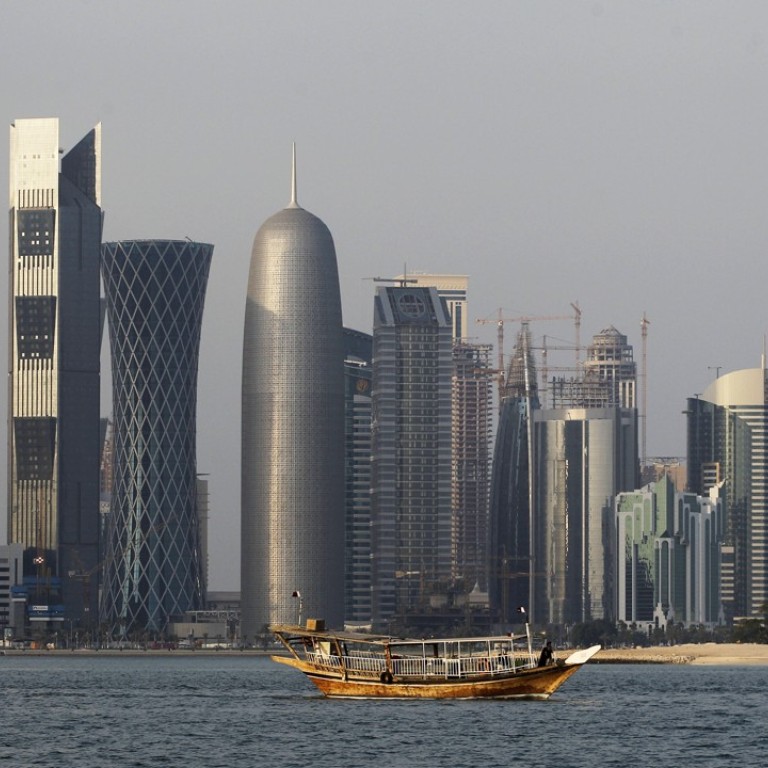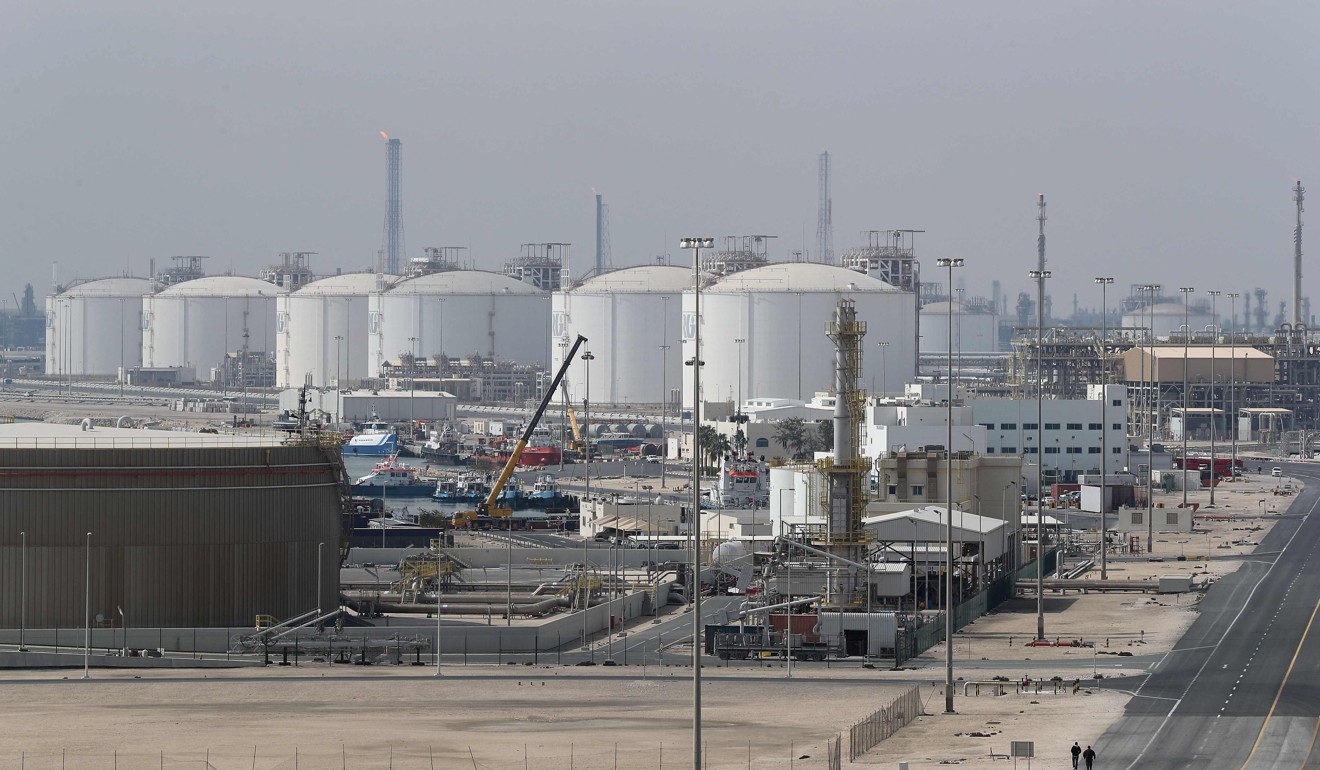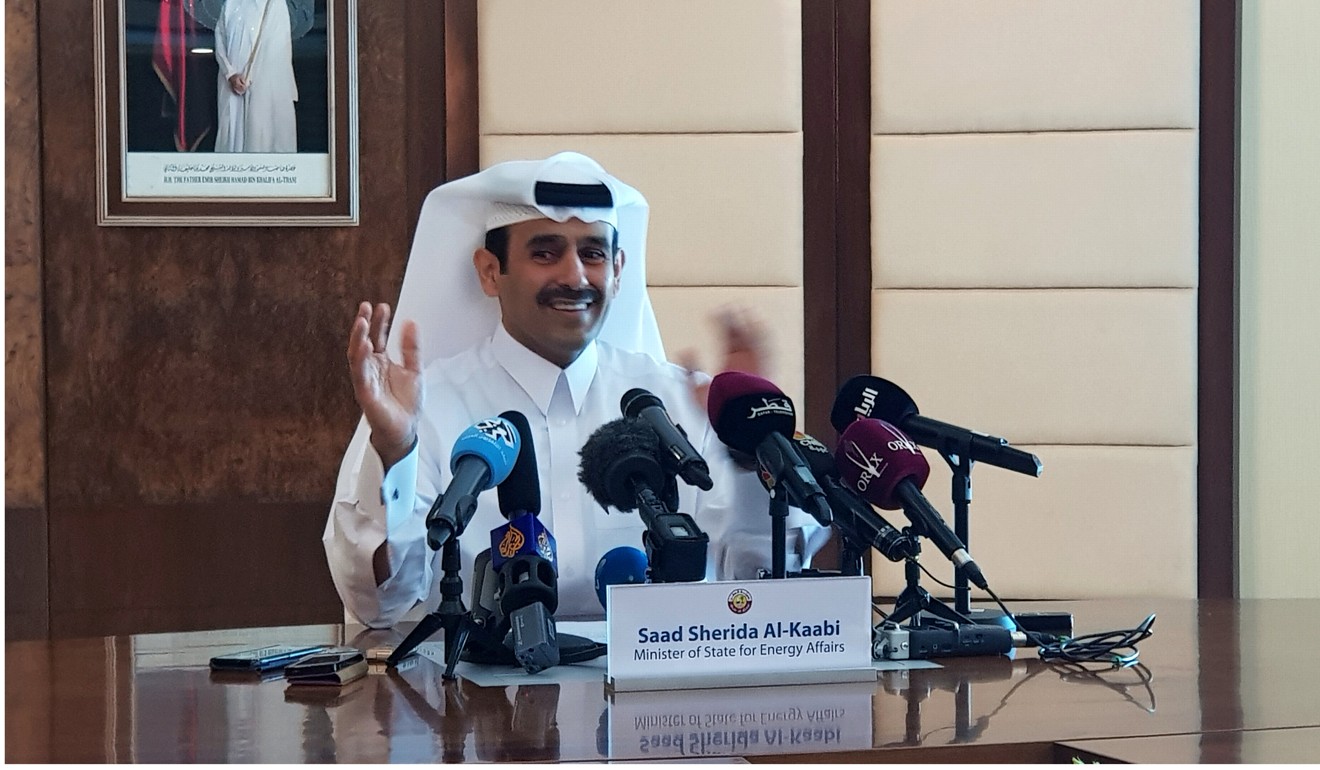
Qatar to quit Opec amid tensions with Saudi Arabia
- The withdrawal decision reflects Qatar’s intent to focus its efforts on developing its natural gas industry
- Qatar has been in Opec for 57 years
Qatar will leave OPEC next month to focus on gas production, the Gulf state’s new Energy Minister Saad al-Kaabi announced in a surprise move on Monday.
Qatar has been a member of OPEC since 1961 and the decision to pull out came at a turbulent time in Gulf politics, with Doha under a boycott by former neighbouring allies including Saudi Arabia for 18 months.

“Qatar has decided to withdraw its membership from OPEC effective January 2019 and this decision was communicated to OPEC this morning,” Kaabi told a Doha press conference.
Kaabi, who also heads state-owned Qatar Petroleum, denied the move was linked to the feud with its neighbours.
We don’t have great potential [in oil], we are very realistic
The decision was “technical and strategic” and had “nothing to do with the blockade”, he said.
Qatar would continue to produce oil and seek deals in countries including producer Brazil, said Kaabi.
Despite the Qatari denials, some analysts saw it as a “political decision to oppose Saudi Arabia”.
Saudi Arabia, the United States and Russia are the biggest producers in OPEC “so is it really worth it to someone like Qatar to go to Vienna to meet with someone who will lead the meeting and who is your enemy?” asked Thierry Bros, a researcher with the Oxford Institute for Energy Studies.
Kaabi said gas production would stay the top priority for Qatar, which is the world’s the biggest exporter of liquefied natural gas (LNG).
“We don’t have great potential [in oil], we are very realistic,” said Kaabi, who described himself as “Mr Gas” during the conference.

In September, Qatar announced it planned to boost gas production to 110 million tonnes per year by 2024.
Qatar’s oil production is around 600,000 barrels per day and it is the world’s 17th largest producer of crude, according to website world data.info. It also has about two per cent of the world’s global oil reserves, according to the CIA World Factbook.
OPEC had been informed of the decision on Monday before the announcement, Kaabi said. He said he would still attend OPEC’s Vienna meeting later this week, his “first and last” as energy minister.
That meeting is expected to set a policy for 2019 and despite Qatar’s announcement, oil prices soared on Monday after Russia and Saudi Arabia renewed a pact to cap output on the sidelines of a G20 summit.
Fiona Cincotta, a senior market analyst at UK-based City Index, said Qatar “surprised the market” but it was another sign “some major production decisions will be taken outside OPEC” following the G20 summit.
Amrita Sen, chief oil analyst for Energy Aspects consultants, argued the move would have limited impact.
“Quitting OPEC is largely symbolic for Qatar,” he told Bloomberg. “Its oil production has been steady with limited prospects for increases.”

.png?itok=arIb17P0)